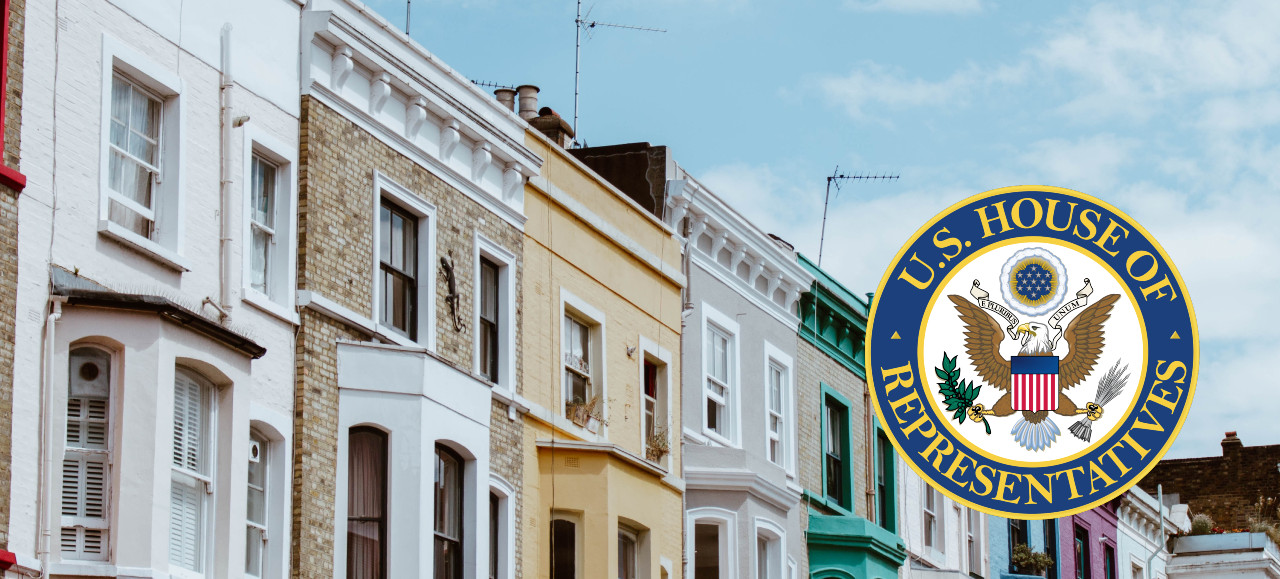Operation Safe Escape applauds and supports the Fair Housing for Survivors Act of 2023, a bill introduced in the US House of Representatives earlier this year. This important piece of legislation aims to provide protection for survivors of domestic violence, sexual violence, and sex trafficking under the Fair Housing Act. If passed, the bill would include survivors of domestic violence, sexual violence, and sex trafficking to the list of classes protected under the existing Fair Housing Act, helping to protect survivors from discrimination or eviction for crimes committed against them.
The statistics are shocking and underscore the importance of this landmark legislation. Research indicates that up to 57% of homeless women, many with children, report that domestic violence was the immediate cause of their homelessness. 84% of survivors in domestic violence shelters report that they need help finding affordable permanent housing, with more than half not receiving the assistance they need. And survivors who become homeless as a result of abuse or assault are at a significantly higher risk of other forms of victimization.
Sadly, the majority of survivors who experience sexual assault or abuse in their home do not immediately relocate to a safer environment because they lack funds or are not aware of the resources available to them. In a press release announcing the legislation, Congresswoman Wasserman Schultz said, “for far too long, survivors of domestic violence, sexual assault, and human trafficking have been forced to choose between confinement with their abusers or homelessness.” The time to act, clearly, is now.
The bipartisan bill has 53 cosponsors, which you can view here. Don’t see your representative on the list? Click “Contact Your Member” on this page and encourage them to support H.R. 2918, the Fair Housing for Survivors Act of 2023.


